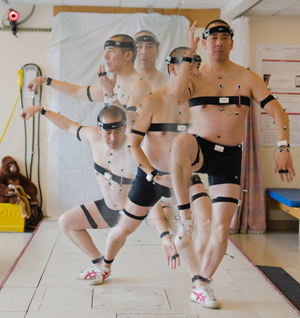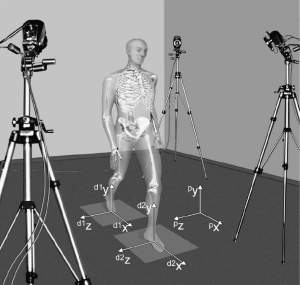ancient tools for modern living
research
Article of the Month
For centuries, Tai Chi has been purported not only to improve your health, but to help you live longer. While growing scientific evidence now supports that Tai Chi positively impacts many dimensions of health, including cardiovascular risk factors, fall-related serious injuries, and overall quality of life, until recently there was little scientific evidence of Tai Chi's impact on lifespan. In this Article of the Month, we showcase a landmark study conducted in Shanghai, China, that shows a strong association between practicing Tai Chi and an approximately 20% reduction in the risk of dying over a five-year period. The study is one finding within a rigorous epidemiological study of Chinese men -- The Shanghai Men's Health Study -- conducted between 2002 and 2009. Of note, the benefit of doing Tai Chi for preventing all-purpose mortality, as well as cardiovascular- and cancer-related mortality, was equivalent to the benefit of more aerobic jogging.
-Peter
Am J Epidemiol. 2013 Sep 1;178(5):791-6
Associations of Tai Chi, Walking, and Jogging With Mortality in Chinese Men.
Wang N, Zhang X, Xiang YB, Li H, Yang G, Gao J, Zheng W, Shu XO.
Abstract
Moderate-intensity exercise has attracted considerable attention because of its safety and many health benefits. Tai Chi, a form of mind-body exercise that originated in ancient China, has been gaining popularity. Practicing Tai Chi may improve overall health and well-being; however, to our knowledge, no study has evaluated its relationship with mortality. We assessed the associations of regular exercise and specifically participation in Tai Chi, walking, and jogging with total and cause-specific mortality among 61,477 Chinese men in the Shanghai Men's Health Study (2002-2009). Information on exercise habits was obtained at baseline using a validated physical activity questionnaire. Deaths were ascertained through biennial home visits and linkage with a vital statistics registry. During a mean follow-up of 5.48 years, 2,421 deaths were identified. After adjustment for potential confounders, men who exercised regularly had a hazard ratio for total mortality of 0.80 (95% confidence interval: 0.74, 0.87) compared with men who did not exercise. The corresponding hazard ratios were 0.80 (95% confidence interval: 0.72, 0.89) for practicing Tai Chi, 0.77 (95% confidence interval: 0.69, 0.86) for walking, and 0.73 (95% confidence interval: 0.59, 0.90) for jogging. Similar inverse associations were also found for cancer and cardiovascular mortality. The present study provides the first evidence that, like walking and jogging, practicing Tai Chi is associated with reduced mortality.
Biomotion Substudy
Video camera-based movement analysis systems including infrared cameras and force platforms
Copyright © 1995-2024 Tree of Life Tai Chi Center and Peter Wayne



